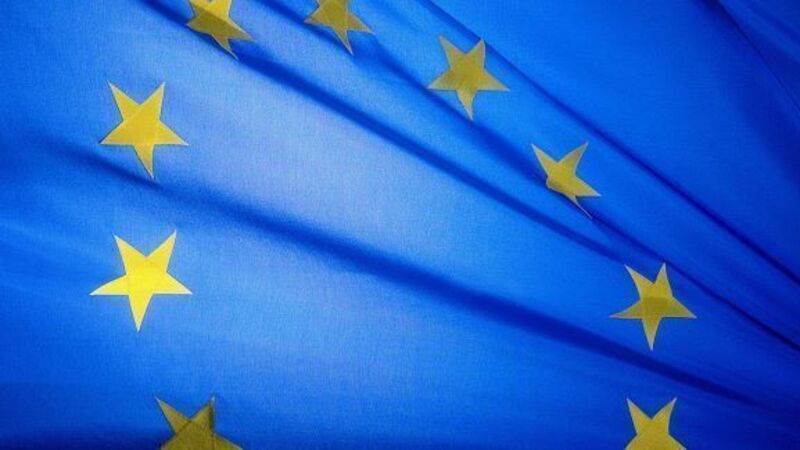Ireland will not join any legal challenge to transaction tax

However, Ireland will not join the 10 that say they will gradually impose the so-called Robin Hood tax that from the beginning of 2016 will see a tax on trading shares and some derivatives.
The agreement — after more than a year of negotiations — looked like falling apart as the countries battled to reach a compromise on a proposal originally put forward by the European Commission three years ago.
















